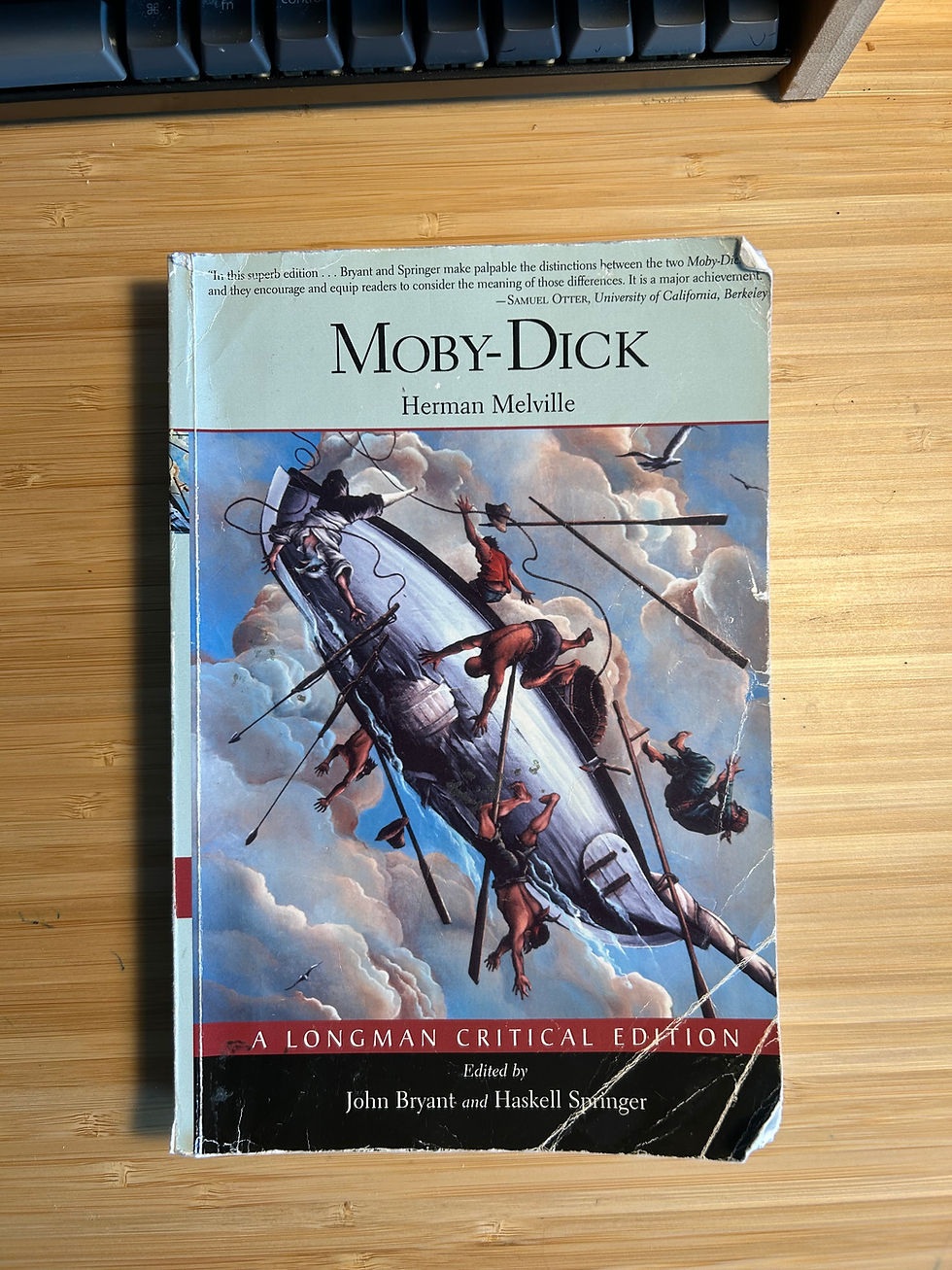Letter One – Poetic Abstraction
- Nick Farriella

- Aug 26, 2021
- 3 min read
Updated: Aug 26, 2021
Dear Reader:
A book I'm reading & enjoying right now is The Echo Maker by Richard Powers, a novel that won him the National Book Award. I'm not far enough along yet to weigh in on any big picture sort of analysis of any kind, but I want to point out one thing I've been quite impressed with so far: his knack for poetic abstraction. Instead of using plain language to begin a scene or start a new section, Powers uses a combination of poetic imagery and abstract language to submerge the reader into the emotional or metaphysical level of the scene, rather than presenting it in plain old description. Here's a snippet from the start of an early section on page 10, after we learn Mark has been in a car accident:
A flock of birds, each one burning. Stars swoop down to bullets. Hot red specks take flesh, nest there, a body part, part body. Lasts forever: no change to measure. Flock of fiery cylinders. When gray pain of them thins, then always water. Flattest width so slow it fails as liquid. Nothing in the end but flow. Nextless stream, lowest thing above knowing. A thing itself the cold and so can't feel it. Body flat water, falling an inch a mile. Torso long as the world. Frozen run all the way from open to close. Great oxbows, age bends lazy delayed S, switch current to still as long as possible the one long drop it already finishes. Not even river, not even wet brown slow west, no now or then except in now and then rising. Face forcing up into soundless scream. White column, lit in a river of light. Then pure terror, pealing into air, flipping and falling, anything but hit target. One sound gets not a word but still says: come. Come with. Try death. At last only water. Flat water spreading to its level. Water that is nothing but into nothing falls.
That's just damn beautiful prose, which coincides with some striking images. This type of abstraction adds multiple levels to the text. First, aesthetically. It's fun to read, sounds good off the tongue, and each phrase is unique and can be plucked out for further analysis. "Flattest width so slow it fails to liquid" as a sentence is like a scientist looking into her microscope discovering and describing for the first time what it is: ice. This type of prosody leaves an impression on a reader and resonates with them. There is feeling behind these sentences. When Powers could have⏤like most writers would⏤given you something straight and direct like, "Mark flipped his truck near the frozen lake," or something like that, he chose to immerse you into the scene, into experiencing the accident itself. The language is disorienting, the phrasing confusing. As one might expect to feel when in the fluttering conscious state of haven been in a car wreck. Each line has layered metaphors. One could go over this section multiple times and extract new meanings and details to how Mark experienced the accident. It feels rewarding. These sentences feel labored over, and worth the work of analysis on the reader's part. If a novel is a conversation, an exchange between writer and reader, then the effort put in by both should be equal. An author shouldn't expect their reader to be in her mind, and the reader shouldn't expect everything laid out for them like some easy-to-digest Netflix special. It's a union of intelligence, a matter of respect for one another. While some writers pay no mind to this meeting (Mr. Gaddis), Powers, who follows sections like this with straight forward prose, seems to revel in it, and the result is really engaging, high quality stuff. Fireworks.
Yours,
N.




Comments